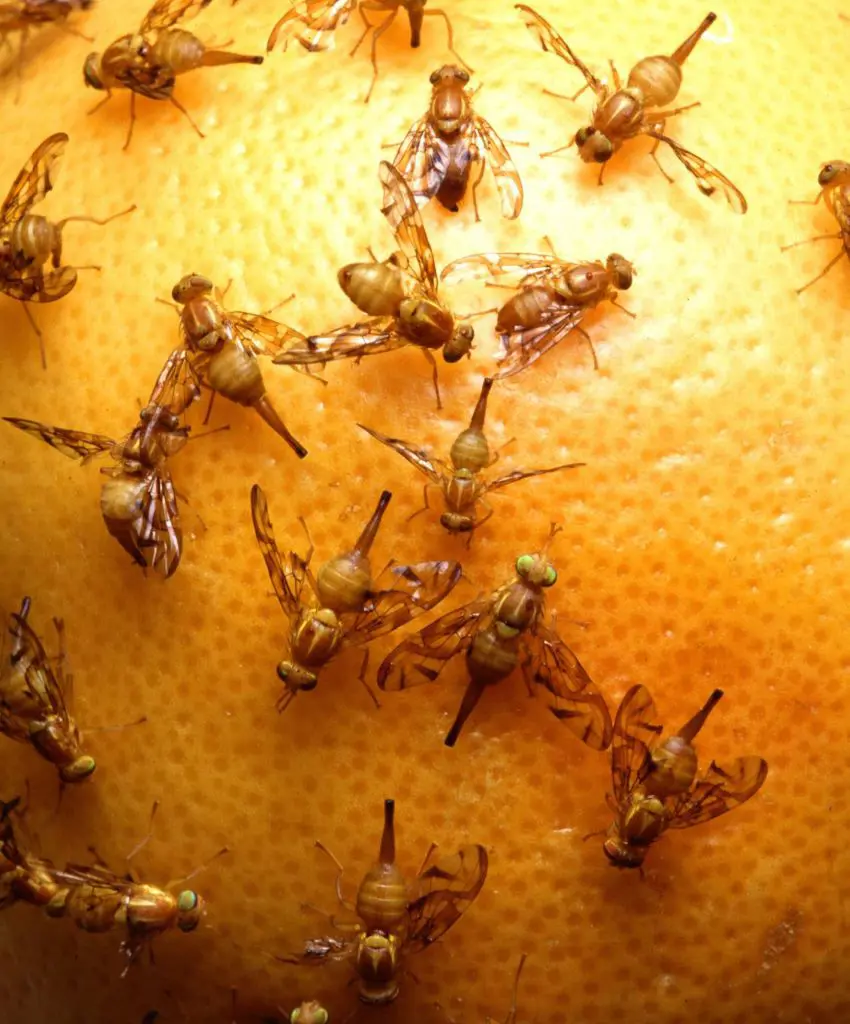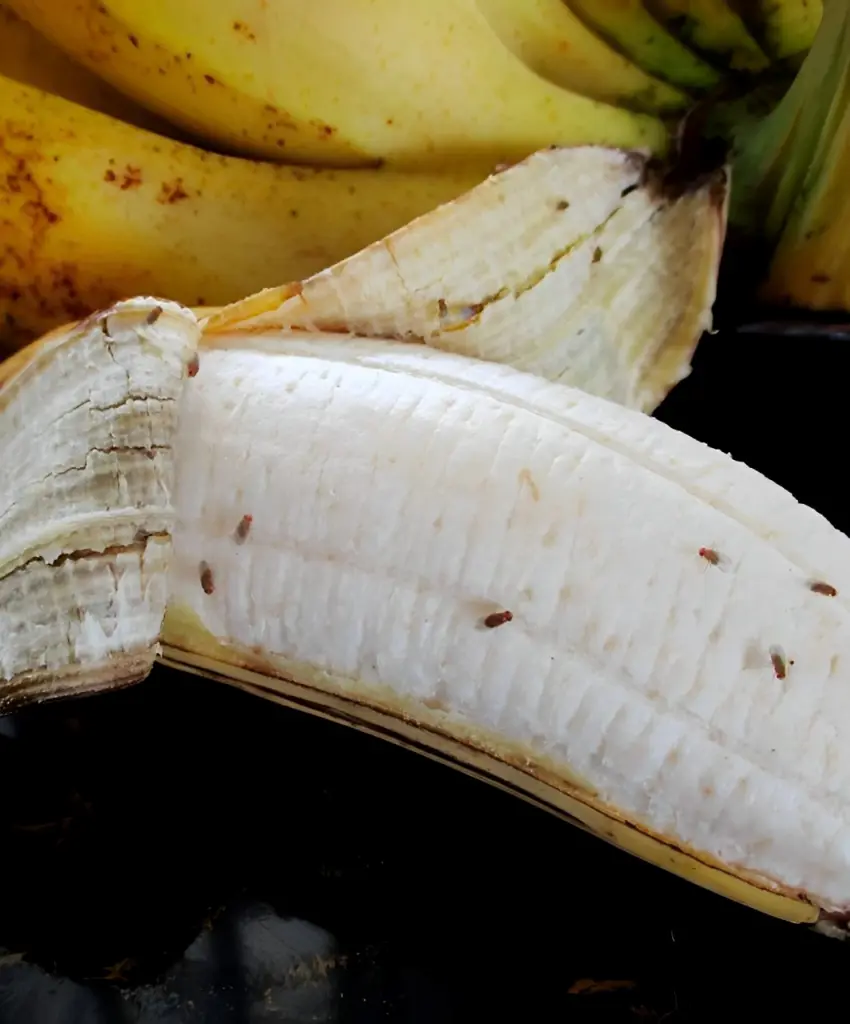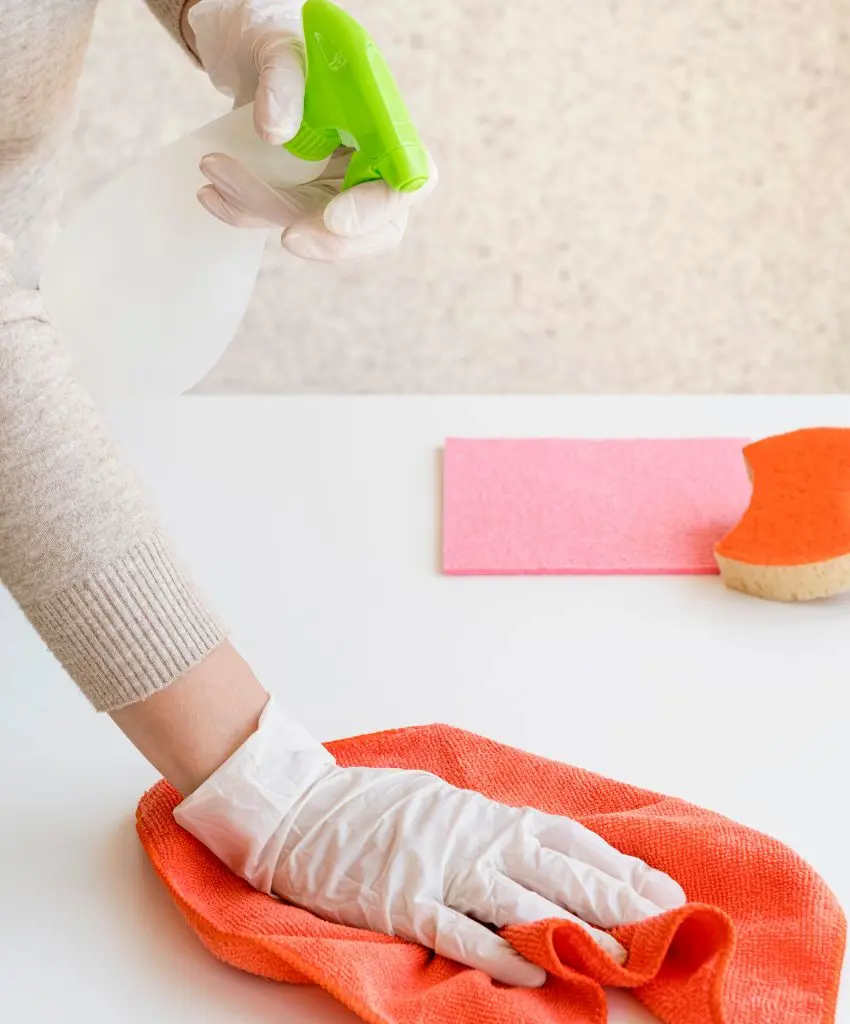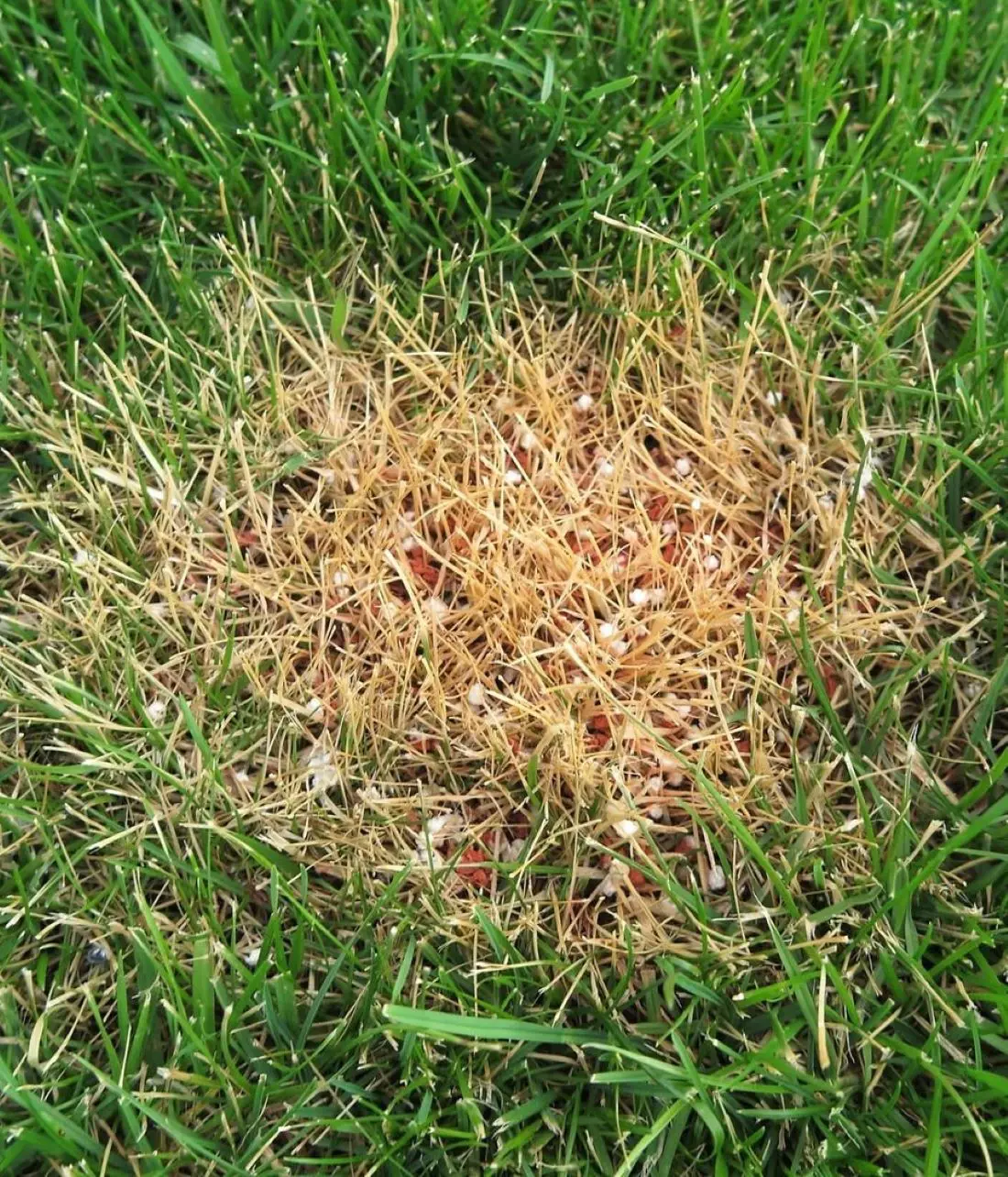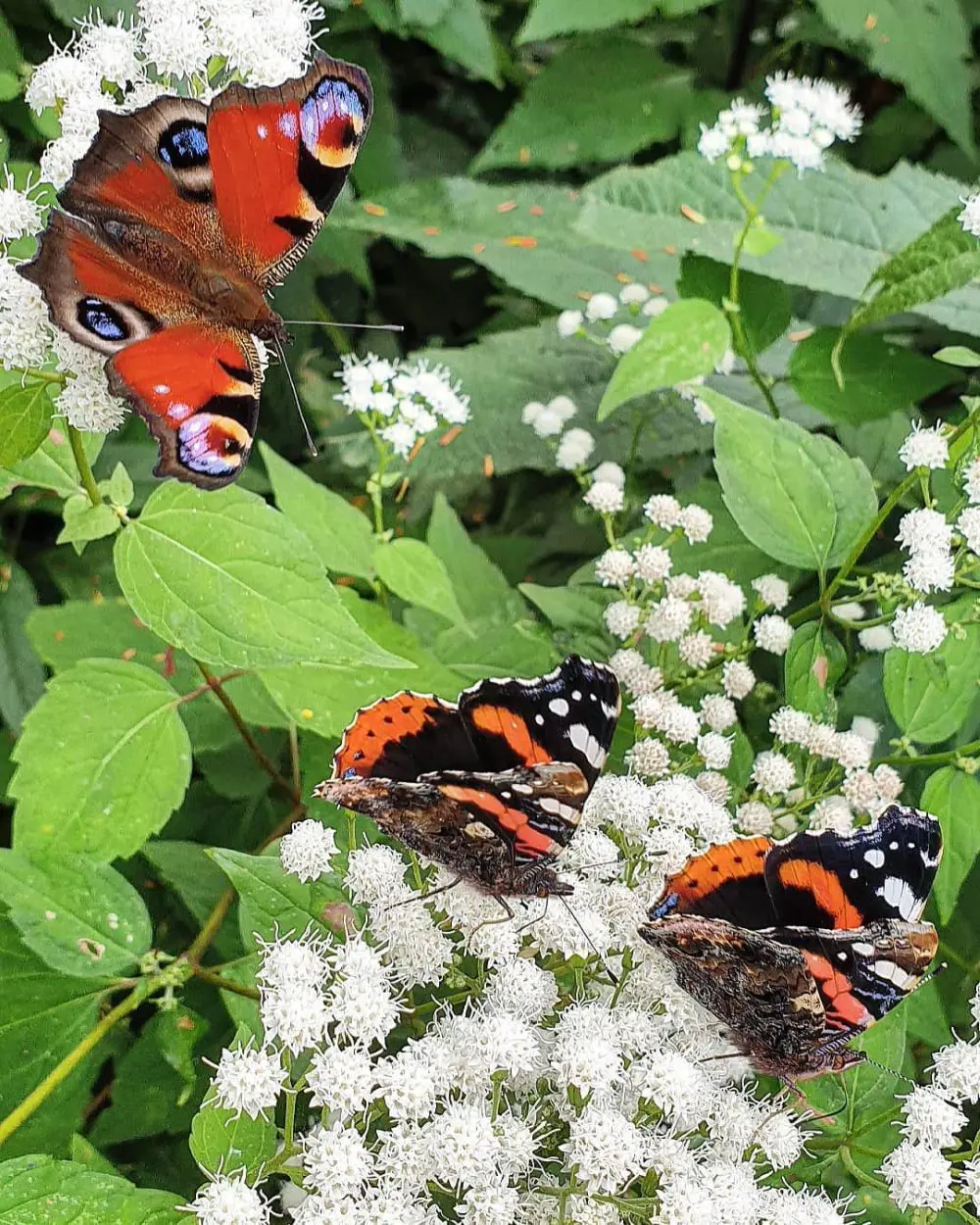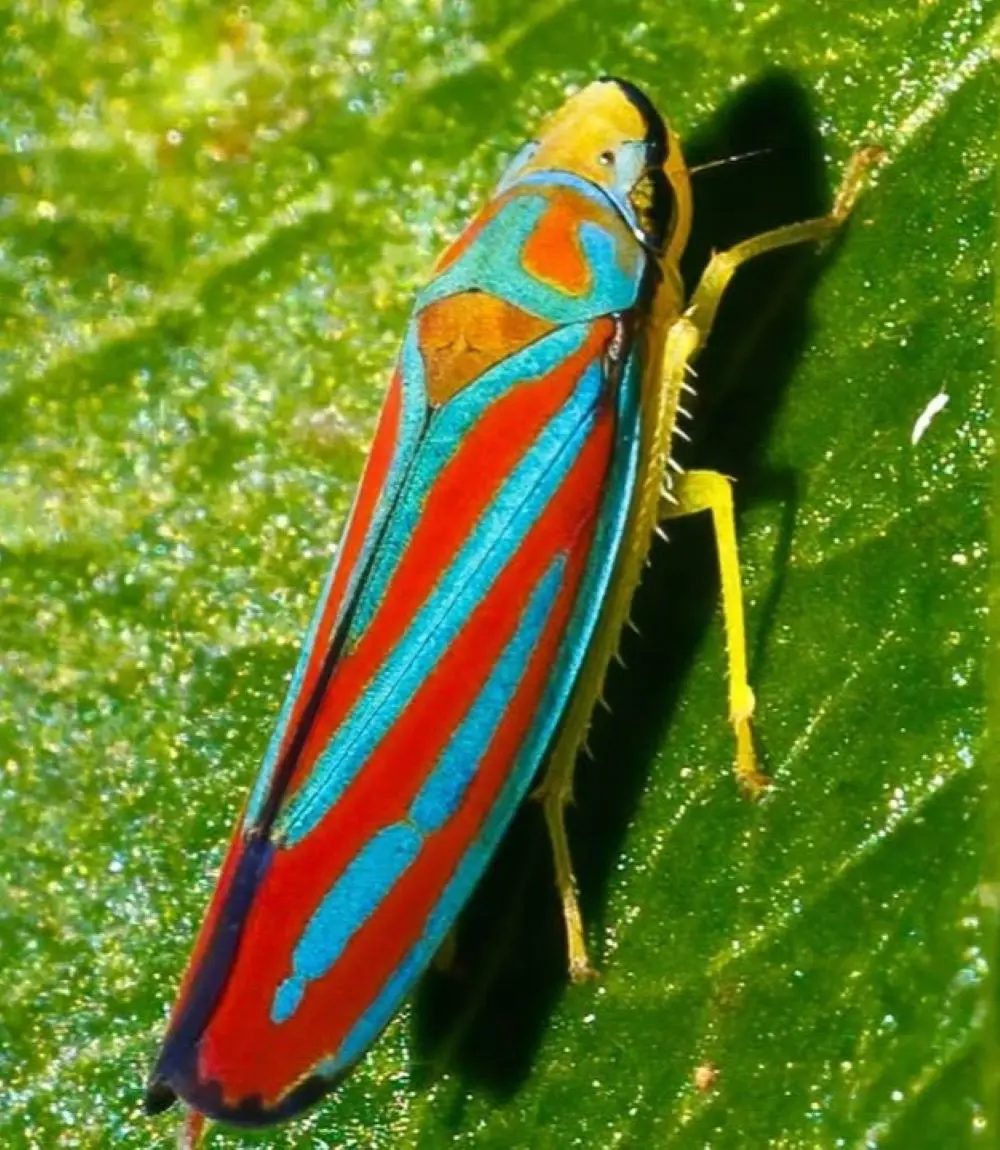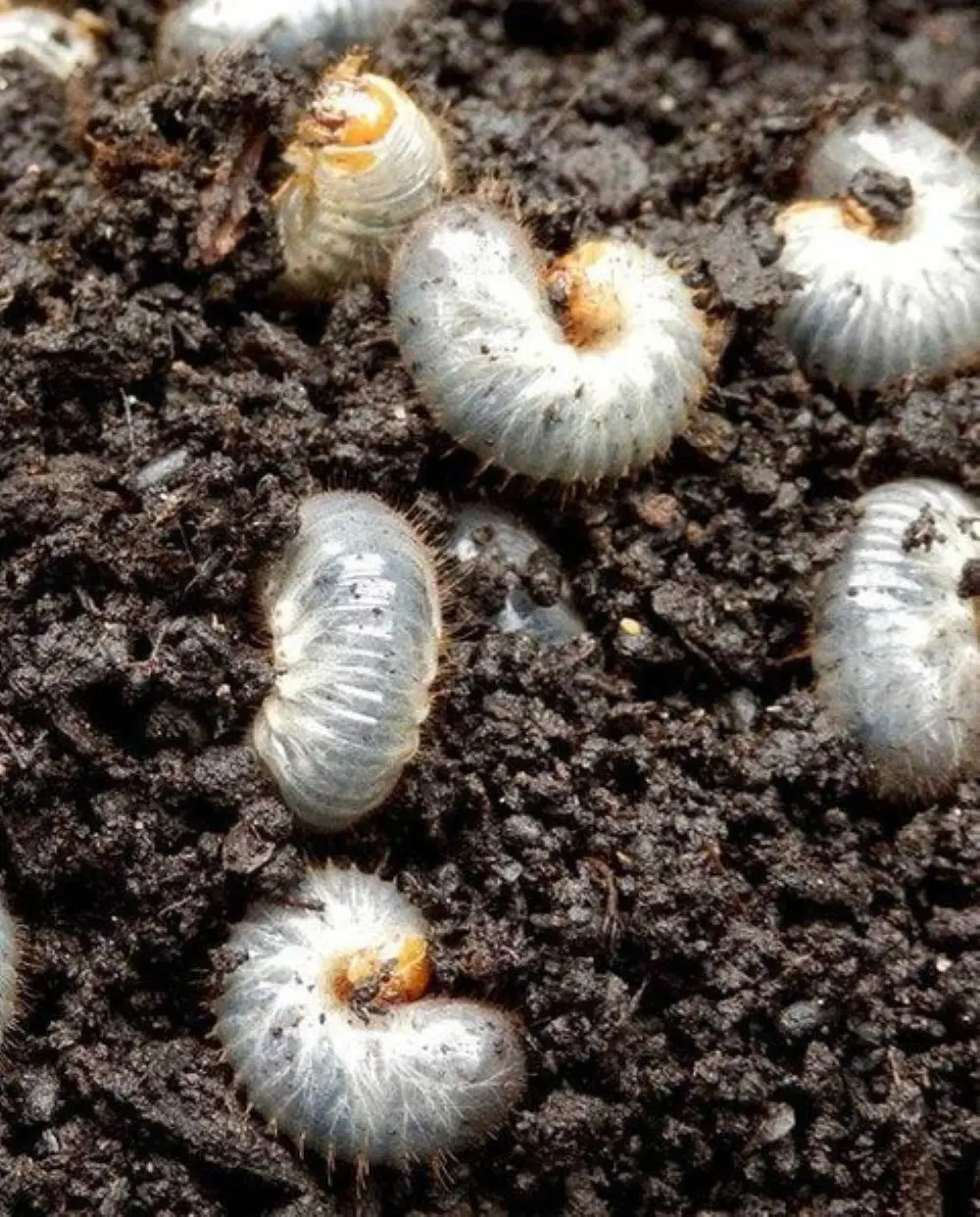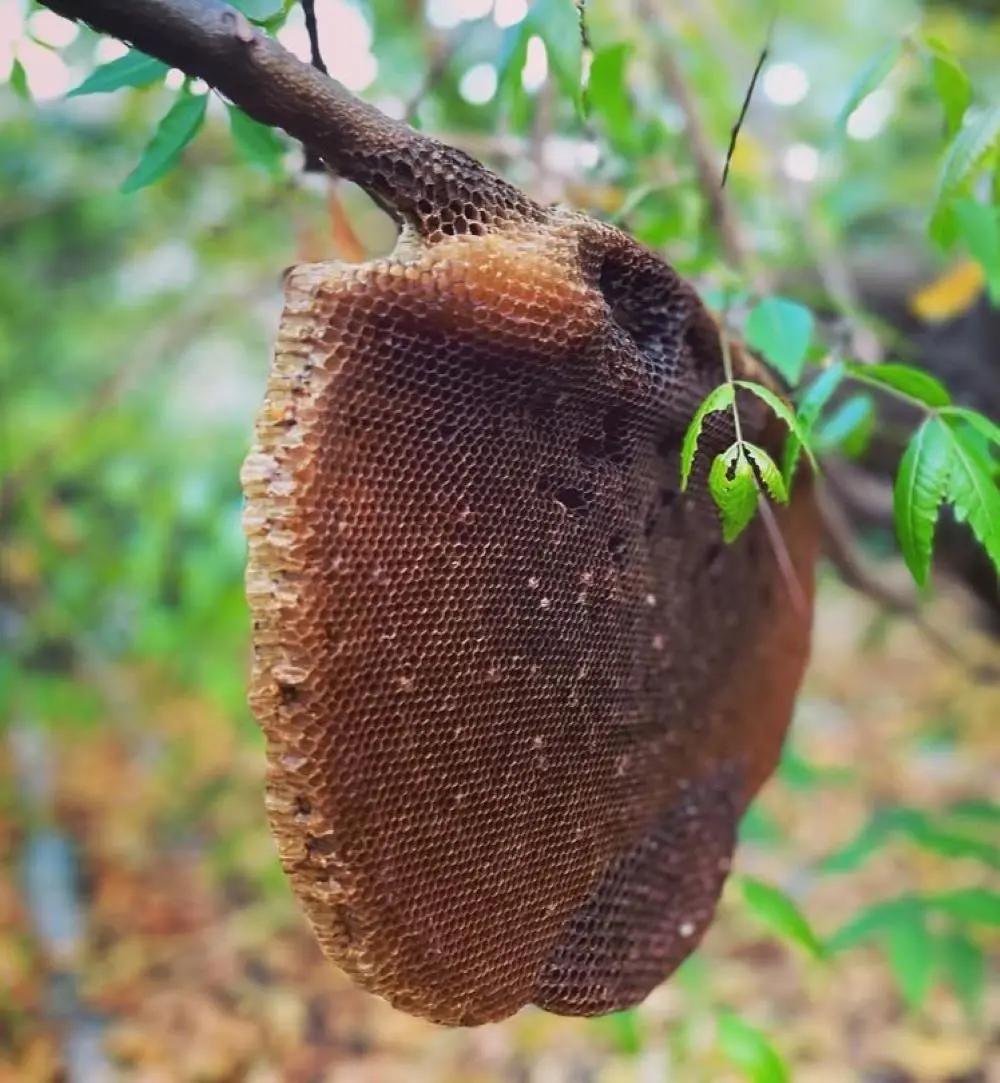Where Do Fruit Flies Come From?
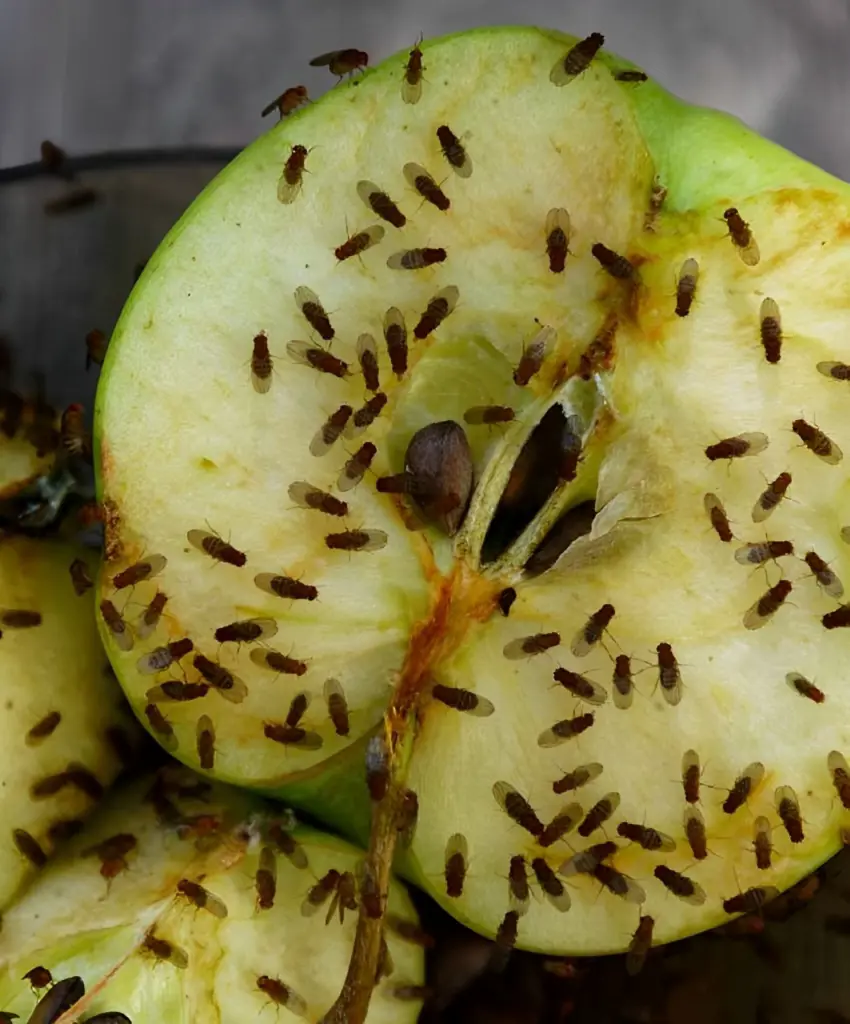
If you are wondering where does a fruit fly come from, here are some sources:
Breeding in Overripe Fruits
Fruit flies lay their eggs on the surfaces of spoilt fruits and vegetables as these surfaces contain decomposing organic materials where eggs mature into larvae. This causes them to be attracted to the fermentation process and within a day, they are able to reproduce.
A single fruit can contain as many as several hundred eggs which leads to quick multiplication. Larvae feed on the decaying organic material when they are hatched and the matured fruit flies are ready to lay eggs to make the cycle continuous.
Susceptible to moist organic matter
Fruit flies are attracted to septic conditions that contain organic matter such as fresh fruits, leftover food or other organic matter, compost piles, wet table waste, and even damp soil in the houseplants. These areas afford them the moisture and the nutrients required for their eggs to hatch.
In such circumstances, the fruit flies are capable of reproducing rapidly in such an environment. It is surprising how something as tiny as a drop of water or a piece of decaying organic matter can harbor the breeding sites, which can account for the emergence of fruit flies inside buildings.
From Grocery Stores
Spores or eggs may be found directly on produce bought from supermarkets, especially if the produce is slightly spoiled when bought. When this produce is brought into the home, it can possess eggs, which will hatch resulting in an infestation.
Sometimes the fruit flies will even already be breeding in the back rooms or storage where the produce is kept until they are moved out onto the sales floor hence they will easily find themselves a ride home with the groceries.
Breeding in Drains
Fruit flies prefer to breed in drains especially those frequented in the kitchen and bathroom where food particles and water standing prevail. When food debris, soap build-up, and organic materials mix with saliva and dander, they create a conducive breeding ground for these fruit flies.
These flies may breed in these drains without being easily recognized until the adult flies are seen coming out of the house hence the need to clean and disinfect the drains.
Transported via Recyclables
Another way fruit flies can enter your home is through recyclables like bottles, cans, or containers with sugary liquids that have not been washed. The residue of these liquids is loved by fruit flies and these items if left in the kitchen without washing can act as breeding grounds.
The fruit flies are most likely to infest a place that involves the storage of these recyclables if the items are not cleaned well before being recycled and disposed of appropriately.
Outdoor Sources
Such insect requires a warm environment which is usually found around decomposing fruits, vegetables, or any organic matter left on the ground. Outdoor fruit bowls, compost heaps, as well as kitchen waste bins are other breeding grounds for these flies that may sometimes find their way inside.
Outdoor breeding areas can cause flies to enter homes through open windows, doors, or screens when fruit flies follow the odor of ripe fruits inside households.
